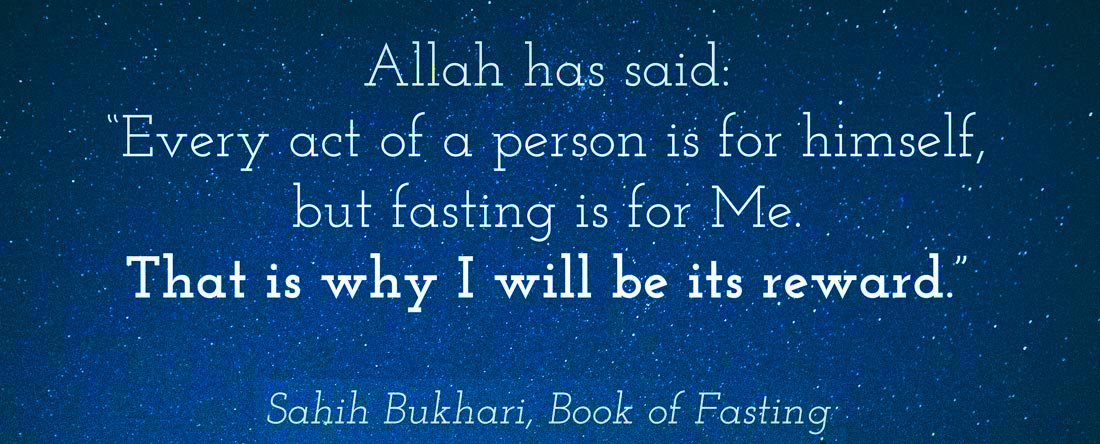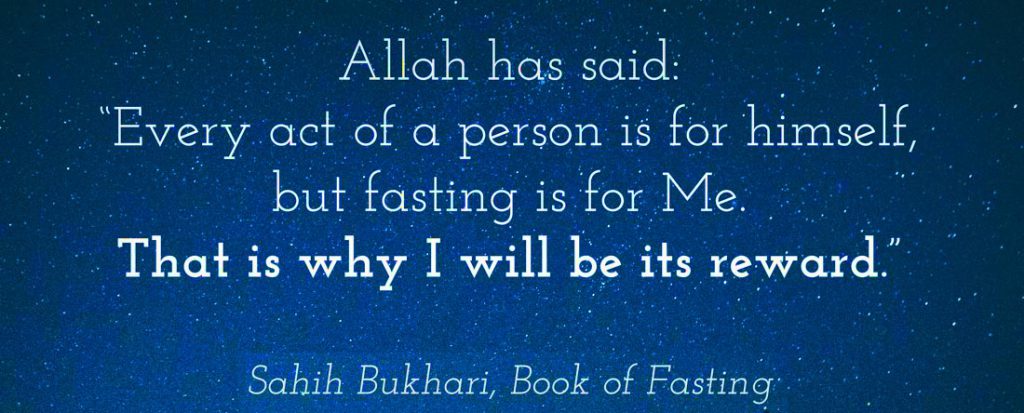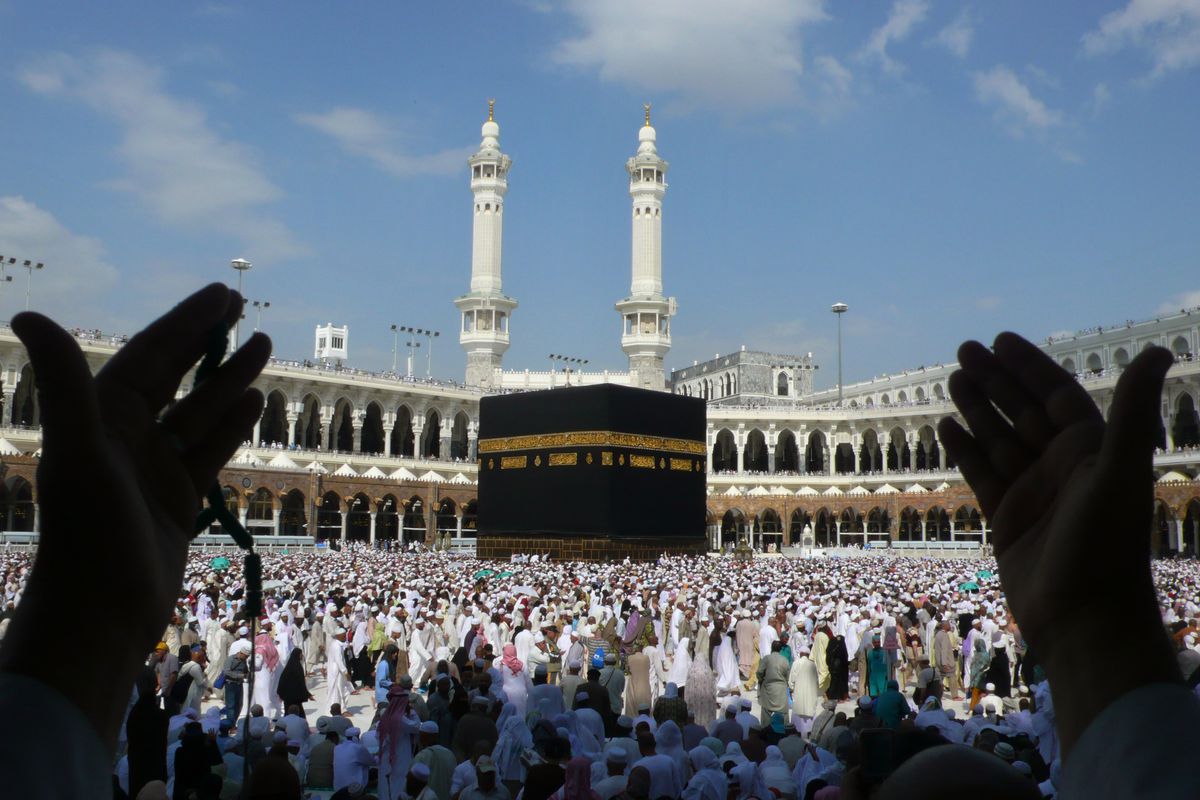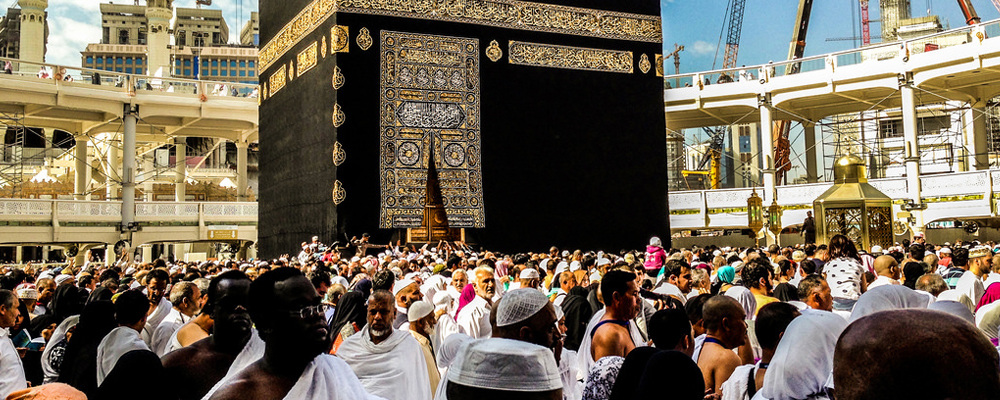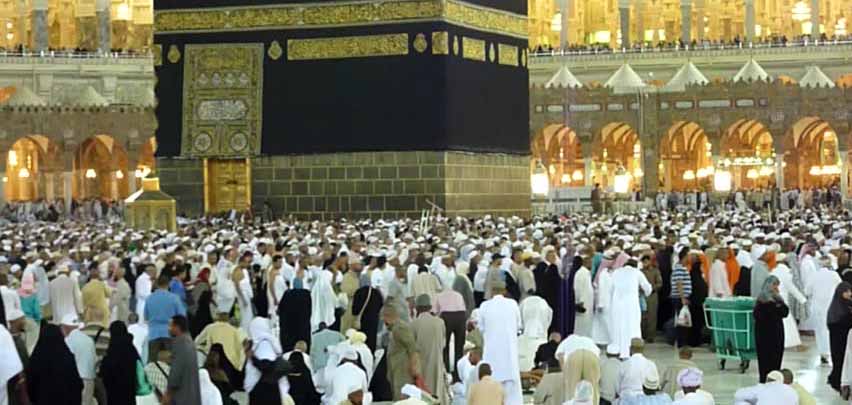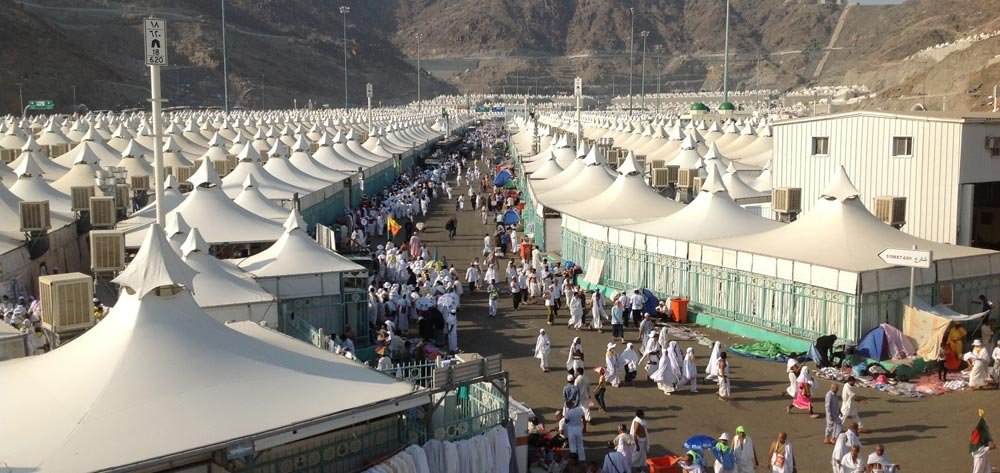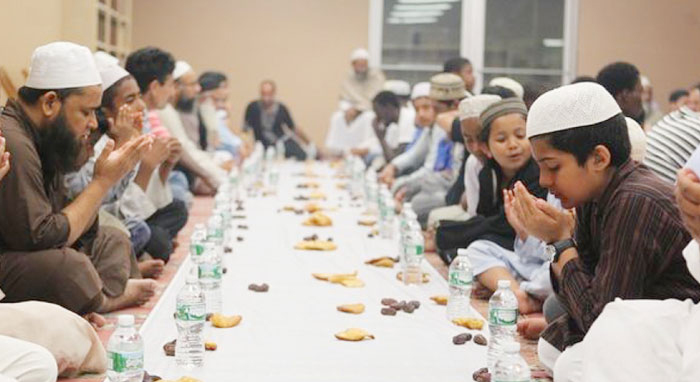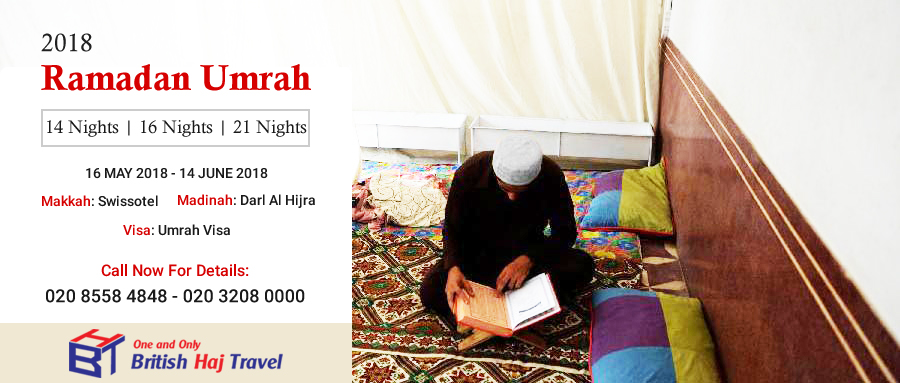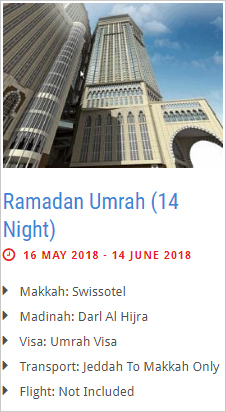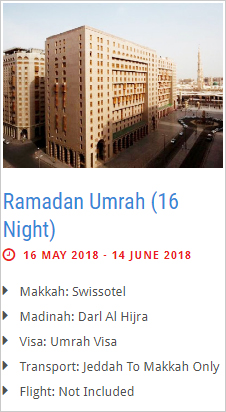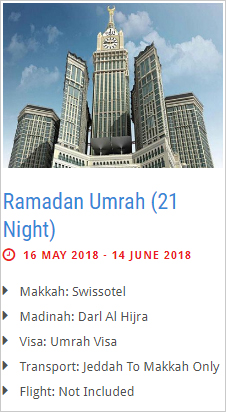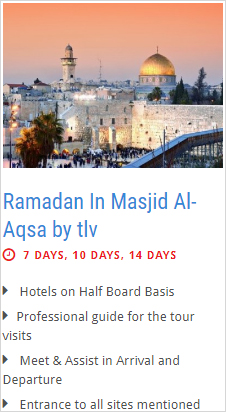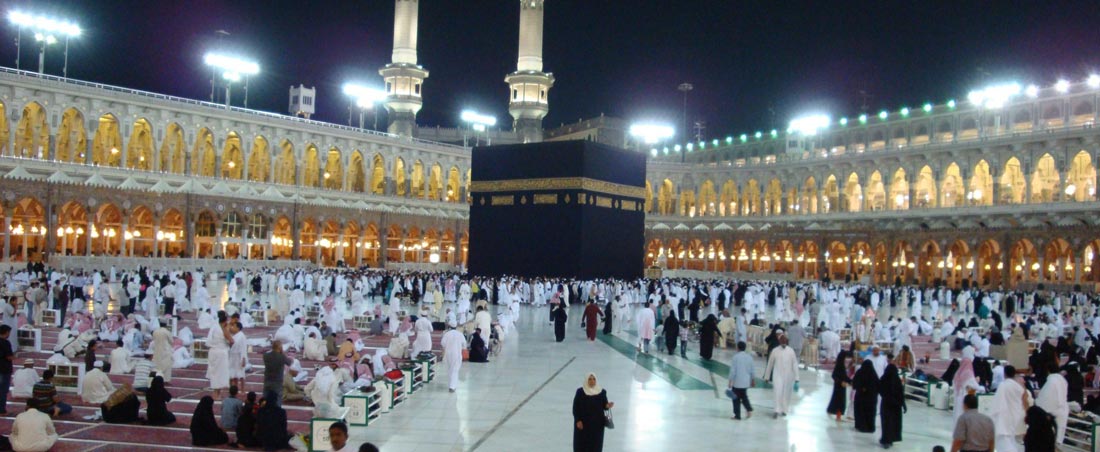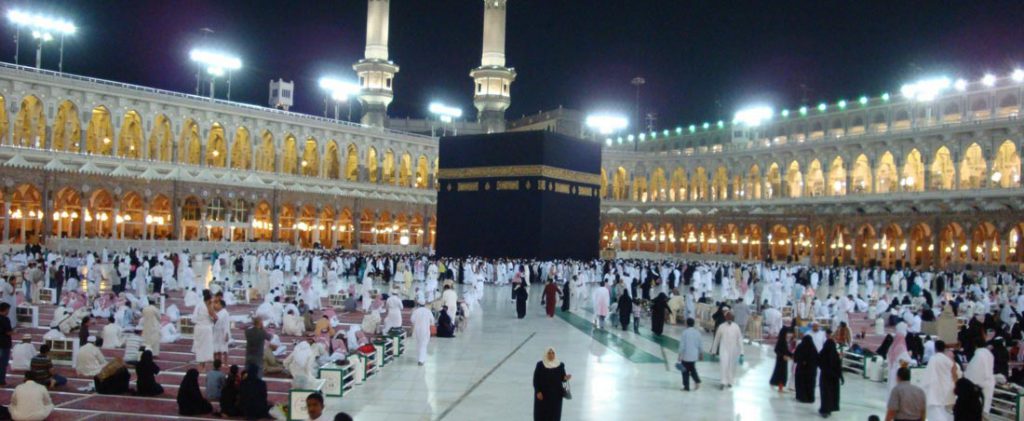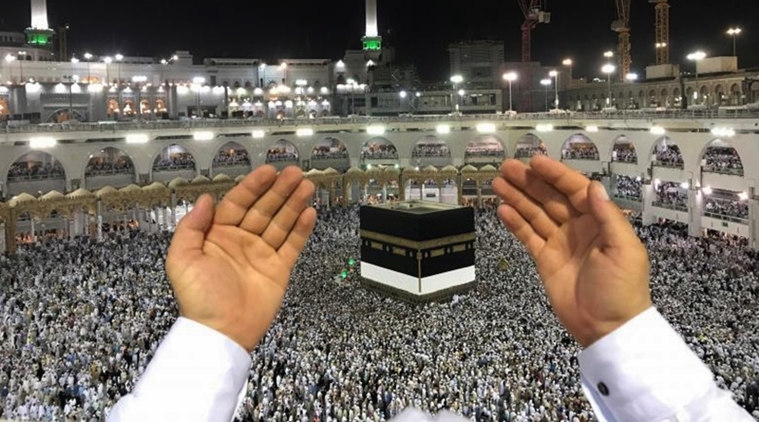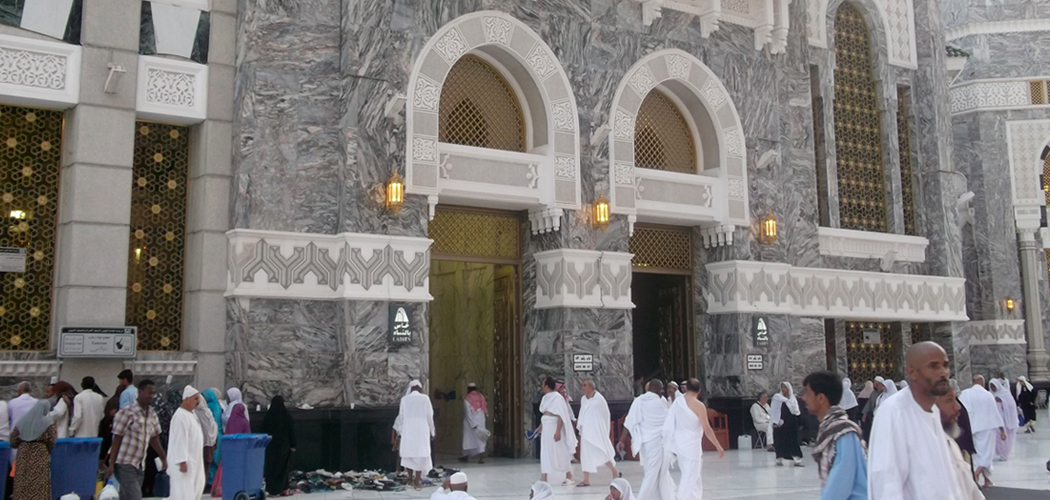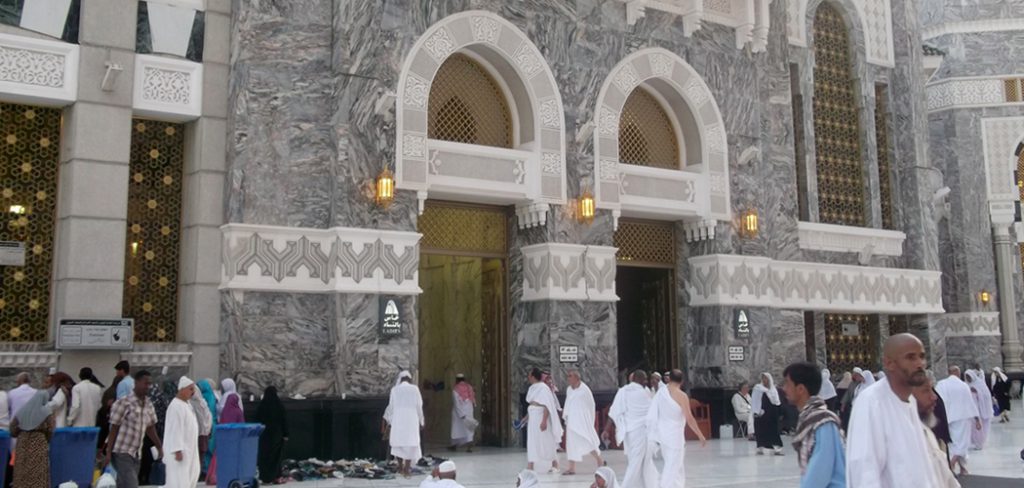Fasting is not for just mouth to go without it from the nourishment, notwithstanding for the eyes, ears, tongue, hands, foot, and psyche to go without them from obscene acts. The way will inspire the spirit and engage the heart without a doubt.
The fragrance of the blessed month of Ramadan is already in the air and almost everyone has started feeling the slight sensation of excitement that this blessed month brings with it.
Isn’t it amazing how we look forward to this month with such excitement and anticipation? A month where we spend more than half of the day, in the scorching summer heat, without eating or drinking and the nights in reading or reciting the Glorious Qur’an. For Muslims, Ramadan is a month filled with so much meaning and goodness that on the final day even the children do not want it to end. How can the believers not rejoice at the coming of this blessed month when Allah ‘opens up the gates of paradise, closes the gates of Hellfire, and chains up to the devils?” (According to hadeeth in Bukhari)
To reach the month of Ramadan and strive in worship in it is one of the greatest blessings from Allah. This has been explained in a narration by Talha ibn ‘Ubaydallah who reported that there were two men who had accepted Islam at the same time. One of them used to strive in good deeds more than the other, but one day he fought in a battle and was martyred. The other remained behind him for another year, and then he also died. Talha said, ‘I had a dream in which I saw that I was at the door of Paradise and the two men were with me. Someone came out of Paradise and allowed the man who passed away later to enter first. Then he came out again and allowed the martyred one to enter. Then he returned and said to me, ‘Go back, for your time has not come yet.’ Talha woke up and informed the other companions about this. They were all surprised and eagerly went to inform and ask the Prophet (peace be upon him) about it, who said, ‘What are you surprised about?’ They said, ‘O Messenger of Allah! Out of them both, this one strove harder (in Jihad) then he was martyred but this other one entered Paradise before him?’ The Prophet (peace be upon him) said, ‘Did he not remain behind him for one year?’ They said, ‘Yes (he did).’ He said, ‘Did he not reach Ramadan, fast and pray with such and such number of prostrations in the year?’ They said, ‘Yes.’ The Prophet (peace be upon him) said, ‘So the difference between them is greater than what is between the heavens and the earth.’ (Sahih Ibn Majah 2/345, 346 – Al-Albani’s ‘al-Silsilah Al-Sahihah)
What a gift and what an honor Subhan Allah! This is why the Muslims of the early generations used to ask Allah six months before Ramadan to grant them long lives so that they could reach Ramadan and they used to ask Allah the Almighty six months after Ramadan to accept from them. Do we do the same or do we take this blessed gift for granted, wasting away its precious days and nights?
Allah says: “The month of Ramadan [is that] in which was revealed the Qur’an, guidance for the people and clear proofs of guidance and criterion. So whoever sights [the new moon of] the month, let him fast it; and whoever is ill or on a journey — then an equal number of other days. Allah intends for you ease and does not intend for you hardship and [wants] for you to complete the period and to glorify Allah for that [to] which He has guided you, and perhaps you will be grateful.” (Qur’an 2:185)
According to scholars, the word ‘so’ (fa) in this ayah leads to the following paraphrase of one aspect of its meaning: “Fast this month because it is the one in which the Qur’an was sent down.” We celebrate the Qur’an in Ramadan by reading, reciting, listening to it while pondering over it day and night. Fatimah (may Allah be pleased with her) narrated from her father (peace be upon him) who told her that Angel Jibreel would rehearse the Qur’an with him (in Ramadan) once every year, and he did so twice in the year of his death. (Bukhari).
Fasting and spending time with the Qur’an is what reconnects us to our Creator hence nourishing the souls and recharging faith in the blessed month. Since the body is restrained from food and drink and the soul is fed with its divine nourishment, we feel peaceful, satisfied and re-energized in Ramadan. This is what pushes us to hold ourselves accountable, to repent and reform before it gets too late. It helps us in bringing positive changes in ourselves for the sake of Allah and be foremost in the race of drawing closer to Him by doing good deeds.
It is said in Tafsir Al Qurtubi that: The name Ramadan is derived from the Arabic word ramada or ar-ramad, denoting intense heat and dryness, especially on the ground. It is so called because Ramadan burns down the sins with good deeds. The Prophet (peace be upon him) said: “Whoever fasts the month of Ramadan out of faith and seeking reward, then Allah will forgive all of his previous sins.” (Muslim) He also said: “Verily, Allah has people He redeems from the fire at the time of breaking fast, and that is during every night. (Ibn Majah)
It is indeed from the extreme mercy and love of Allah, that He gives us the opportunity to increase in good deeds and be of the forgiven ones in this blessed month. Let’s make sure we don’t make it a month of laziness and sleep, or of practicing the art of cooking and planning lavish meals, or of shopping and entertainment. Rather, let’s prepare to welcome Ramadan by trying to learn all its virtues and rulings. Let’s make sincere intentions to do our best and prepare our Ramadan goals with detailed, realistic schedules for each day. According to a hadeeth, we will be rewarded for our intentions to do good deeds, even if we fail to actually do them. (Bukhari and Muslim).
Let’s sincerely repent from our sins and learn to forgive, forget and pardon others. It’d be wise to make a massive du’aa list and note down the times from the sunnah when our du’aas have higher chances of being answered e.g. while breaking our fast, in sujood and in the last part of the night before Fajr.
This could be our last Ramadan so let’s plan well and make arrangements to have the best one ever. It truly is the month of great gains and profits. The smart trader is the one who makes the most of this special occasion to increase his profits.
May Allah make us witness Ramadan in a state of good health and strong faith and help us to be among the smart ones who do their best to gain maximum rewards. Ameen.
Blog Post:
Shortage of domestic aides as Ramadan approaches
Over Packages Given Below:
Umrah Packages | Hajj Packages | Ramadan Umrah Packages | December Umrah Packages
Source: arabnews.com
